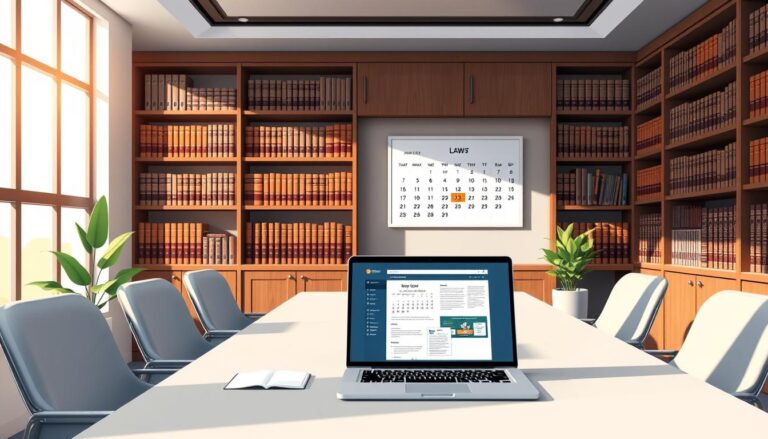When Should You Actually Call a Lawyer? Here’s What Most People Get Wrong
People tend to wait too long to call a lawyer. Some avoid it completely. They assume it’s only needed if they’re being sued or going to court. Others fear it will be too expensive or dramatic. But the truth is, waiting can hurt more than help. The earlier you understand your rights, the easier it becomes to protect them.
Getting legal support doesn’t always mean fighting. It often means getting clear answers when things feel confusing. Whether you’re recovering from an accident, filling out insurance forms, or trying to understand what’s fair, early legal advice can prevent future trouble.
In this article, we’ll look at five common moments when people should call a lawyer—but usually don’t. So, keep reading to gain deeper insights.
1. After a Fall in a Store or Public Space
Slipping on wet floors or tripping on uneven ground seems like a small thing—until you’re hurting for weeks. Often, people brush it off. They don’t file a report. They leave quietly and hope it improves.
This is where problems begin. Without a report or pictures, there’s no proof the fall happened. If the pain starts later, you’ll have nothing to back it up.
Calling a lawyer doesn’t mean you’re blaming someone. It means you’re documenting the facts while you still can. That includes time, place, witnesses, and any unsafe conditions. You only get one chance to protect that record.
2. When You’re Hit by an Uninsured or Unknown Driver
Some drivers don’t stop. Others don’t have coverage. If you’re walking or biking and get hit, you might assume you have no options. But that’s not always true.
Your own auto policy—or a policy of someone you live with—might offer coverage for situations like this. It’s called uninsured motorist protection. You can use it even if you aren’t in a car.
What most people get wrong is assuming they’re stuck. However, expert teams like those at elginjurylaw.com help people obtain the compensation they deserve. They handle the entire claims process—from gathering police reports and medical records to negotiating with insurers who often try to delay or deny payouts. Their team also helps calculate the full scope of your losses, including future medical costs, missed work, and emotional distress. They take on the legal pressure so you can focus on recovery, not red tape.
3. After a Workplace Injury
Many workers think that filing a workplace injury report is enough. They trust HR or the insurance company to handle the claim. But sometimes things go sideways—benefits get denied, treatment is delayed, or pressure builds to return before you’re ready.
Workers’ comp doesn’t always cover everything. It also doesn’t tell you what else you might qualify for.
A lawyer looks at the bigger picture. They help you avoid missed steps, denied benefits, or timelines that close too fast. They’re not there to fight your employer—they’re there to protect your recovery.
4. After a Sudden Death in the Family
When someone dies unexpectedly, the focus is on grief. That’s natural. But there are moments when the cause of death raises questions, especially if it happened during medical care, at work, or on the road.
Wrongful death isn’t just about accidents. It can involve unsafe conditions, medical errors, or poor planning that puts someone at risk.
Families often wait too long to ask questions. A lawyer helps review records, gather facts, and explain your options. You don’t have to take action right away. But knowing your rights now means having choices later.
5. When You’re Offered a Quick Settlement
Fast offers can feel like a relief. They come with a promise of closing the case quickly. But they rarely include future costs. Once you accept, you can’t go back.
People sign too soon. They don’t read the fine print. They want to move on and end up losing more than they realize.
Legal help is not about dragging things out. It’s about understanding the full value of your case. A lawyer can review the offer, check for red flags, and help you make an informed decision. That way, you don’t settle for less than you deserve.
Conclusion
Legal help isn’t just for big emergencies—it’s also for those smaller, uncertain moments that leave you feeling uneasy, pressured, or even confused. Whether you’re signing a contract, dealing with a workplace issue, or navigating a sudden dispute, getting legal advice early can make all the difference. A quick conversation with a lawyer today can save you from major headaches tomorrow. You don’t need to wait for a crisis. If something feels off, it’s worth asking.







